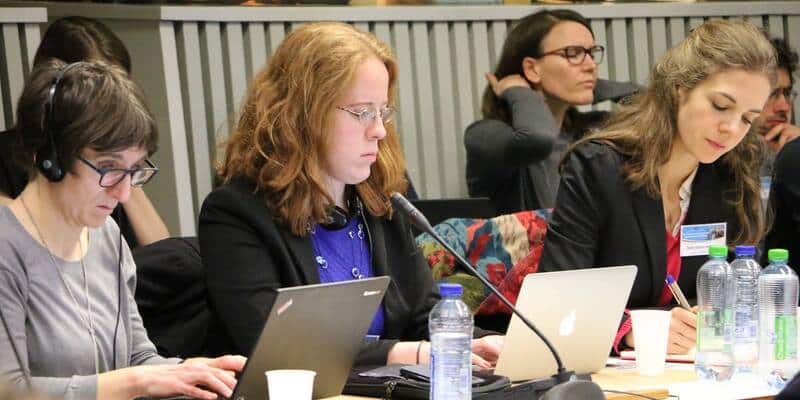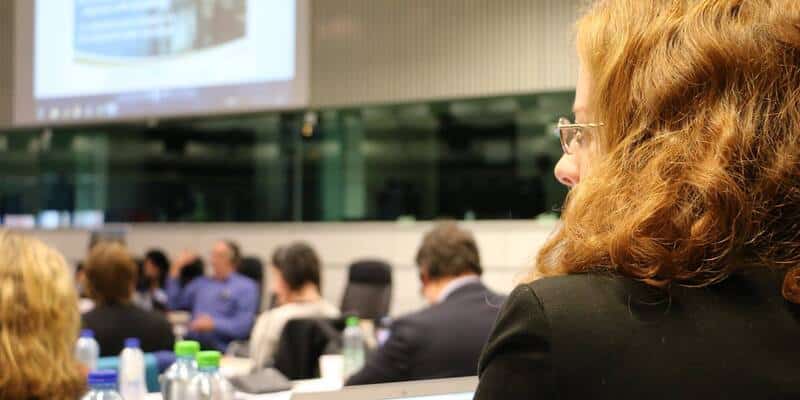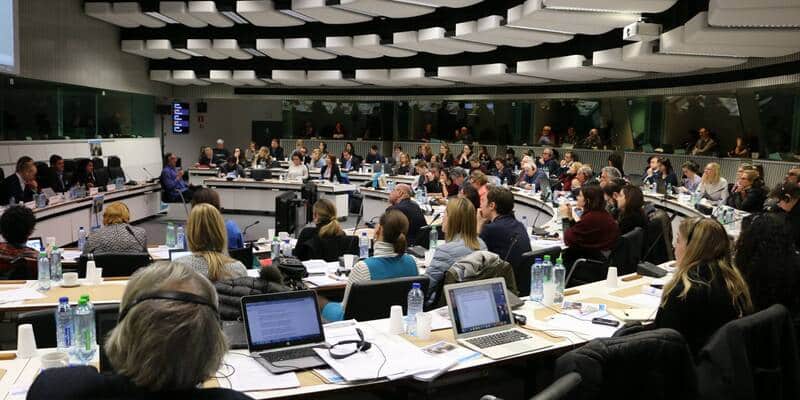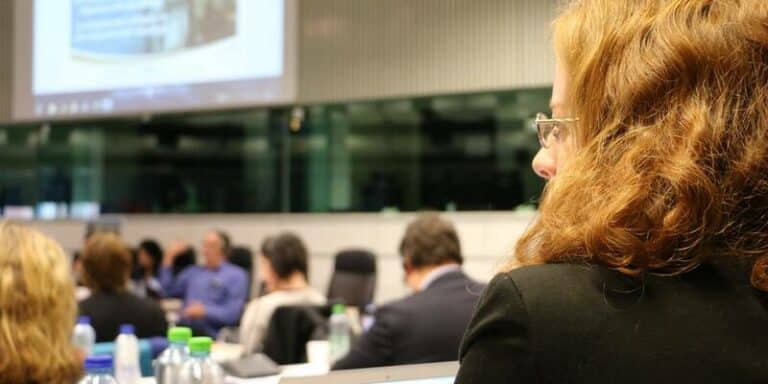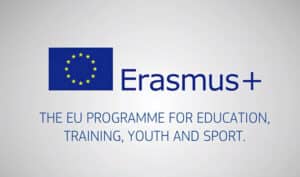On 14th of February, EUD took part in a public hearing on the situation of refugees and migrants with disabilities, organised by the permanent study group on disability rights of the European Economic and Social Committee in Brussels.
The objective of the hearing was to draw attention to and raise awareness regarding the situation, rights and needs of refugees and migrants with disabilities among policy-makers and organisations working in this area.
The first part of the meeting focused on the concrete situation in Greece, following a visit to Lesbos and Athens that the study group had undertaken in October 2016. The second part of the hearing looked more in general at the situation of refugees and migrants with disabilities in Europe and the world. Panellists, including representatives of the European Disability Forum (EDF), the European Commission, the UNCHR and Human Rights Watch, discussed with participants what the EU and civil society can do to improve the situation, in particular with regard refugees and migrants with disabilities as well as (mental) health problems.
Elements highlighted involved the problem of identifying and registering refugees with disabilities as well mental health problems at arrival, especially those with “invisible disabilities”. However, identification is crucial for accessing specialised support and a lack of such data on the prevalence of different disabilities leads to an underestimation of the number of refugees and migrants with these disabilities and the need for such support services in the area of health care, housing, sanitary installations, etc. as well as reasonable adjustments in the asylum procedure for asylum seekers. Furthermore, there are clear disparities regarding reception conditions in Europe, despite the fact that there is a European directive (the Reception Conditions Directive) providing a certain degree of harmonisation of legislation.
The EESC stated its intention to follow-up this initial hearing with further initiatives, such as more in-depth discussions as well as an EESC opinion on the topic to inform the debate and policy initiatives in this area.
